
Electronics and Electrical Engineering

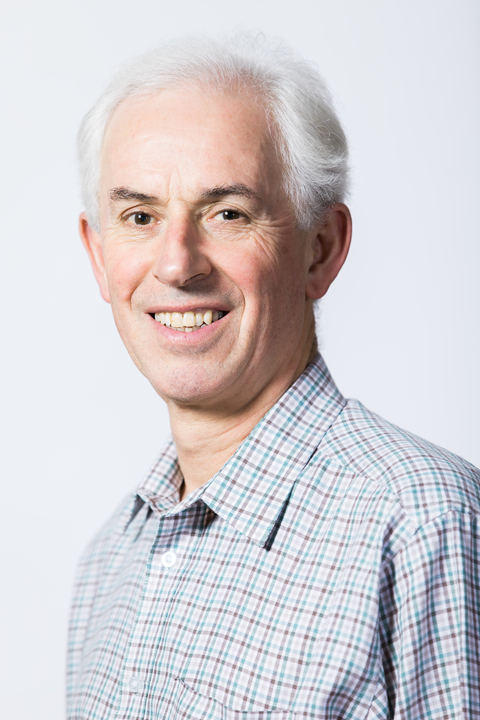
- BSc, PhD
- CEng, FIET, FHEA
- Power Electronics (MSc)
- Power Engineering 2
- Power Electronics 4
- Power Conversion 4
- Power Conversion (MSc)
- Power Electronics and Machines 3
- Power electronics, renewable energy systems
- Senior Lecturer

Dr Shiwei Wang received his Bachelor degree in Electronic Engineering (Outstanding Honor) from Zhejiang University, China in 2010 and PhD degree in Microelectronics from University of Edinburgh, UK in 2014. Following his PhD research, he was with SIAT, Chinese Academy of Sciences, China as a Research Assistant Professor working on integrated circuits for neural implants. He was with IMEC, Belgium from 2015 to 2020 where his research has led to innovative breakthroughs in high density neural probe and integrated brain machine interface technologies. He was an Associate Professor at University of Southampton from 2020 to 2022, and is now a Reader at the Centre for Electronics Frontiers, University of Edinburgh.
- PhD
- BEng
- Senior Member, IEEE
- Fellow, HEA
Analogue and mixed-signal integrated circuits
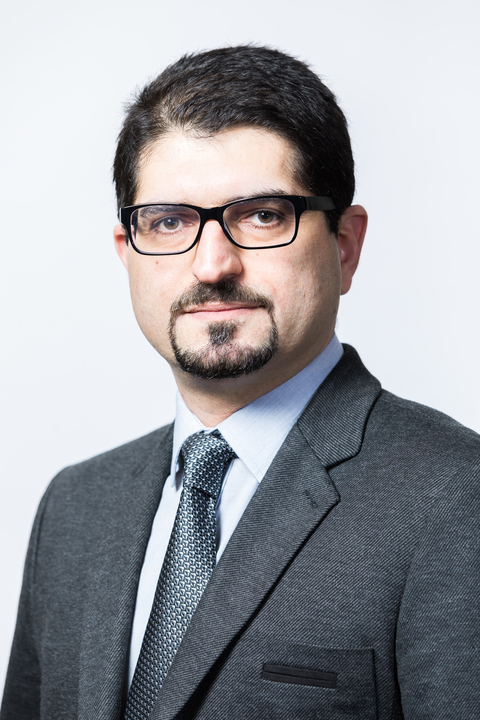
- PhD in Signal Processing, University of Edinburgh, January 2010
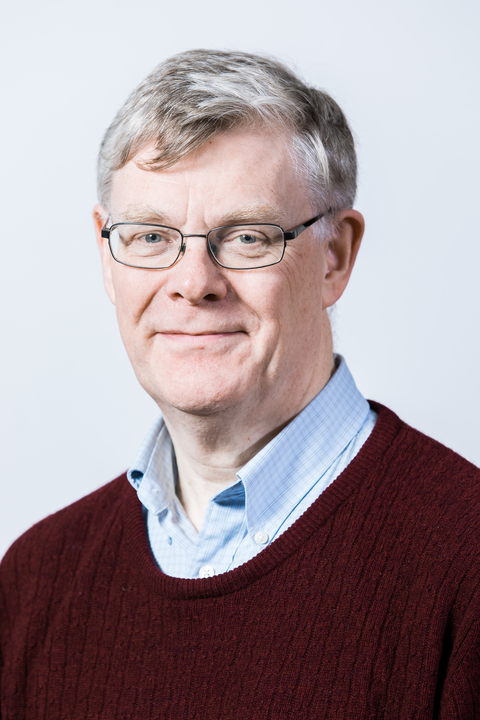
Consulting Engineer
</div>
</h3><p>You can watch this video on <a href="https://media.ed.ac.uk/media/Martin+ReekieA+Consulting+engineer/1_r27eka1j" title="Dr Martin Reekie, Consulting Engineer" target="_blank">Media Hopper</a> or on <a href="https://youtu.be/qtbpz3E-O9A" title="Dr Martin Reekie, Consulting Engineer" target="_blank">YouTube</a>.</p>
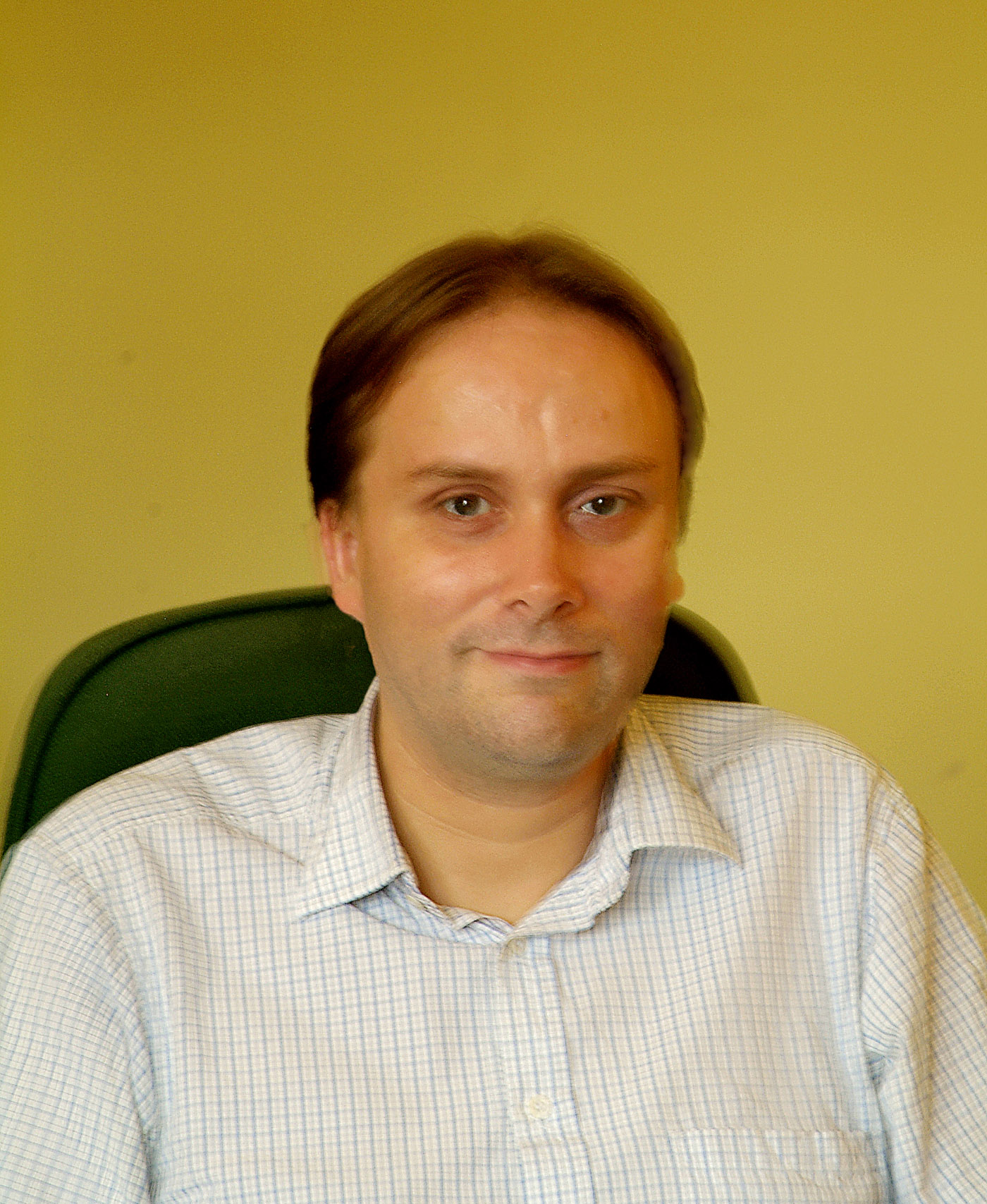
- Bachelor of Engineering (1st Class)
- PhD (Electrical Engineering)
- FIEEE
- EURASIP Fellow
- MIEE CEng
- Google Scholar Publications List: https://scholar.google.com/citations?user=XbQGWCUAAAAJ&hl=en&oi=ao
- Edinburgh Research Explorer: https://edin.ac/3ZnHPqx
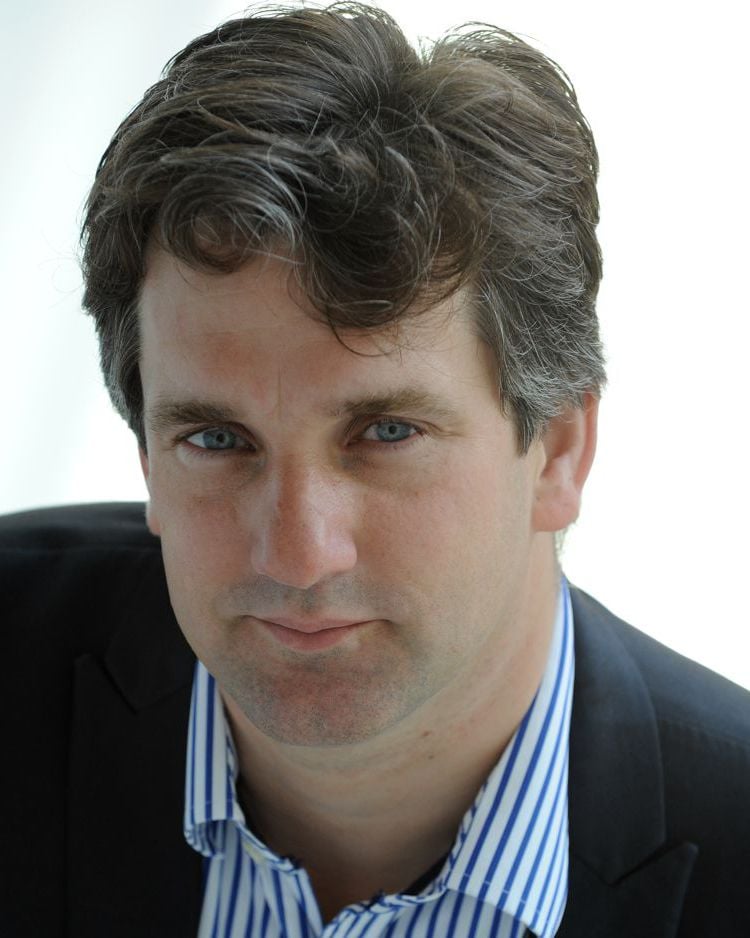
- M.Eng., M.A., Ph.D.
- Statistical Signal Processing, concerning the utilisation of stochastic nonstationarity in single and multi-channel blind signal separation and deconvolution.
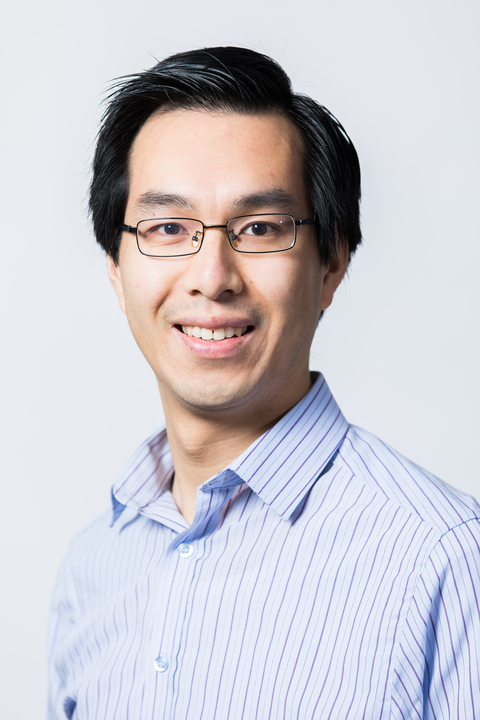
- Ph.D. Electronics and Electrical Engineering, The University of Edinburgh, 2009
- MEng (Hons) Electronics and Electrical Engineering, The University of Edinburgh, 2004
- Senior Member of the Institute of Electrical and Electronics Engineers

School Roles:
- Director of Students - Academic oversight of student support
- Convenor of Board of Examiners - MSc in Electronics
Research Interests:
- Microelectronic test and measurement
- MEMS and microsystems design, integration test and packaging
- Biosensors, bioelectronics, and biomedical microsystems
- Microfluidic design and manufacturing
Recent Activity:
General Chair of the 2024 IEEE 36th International Conference on Microelectronic Test Structures (ICMTS)
Research Article: Deiana, G.; Smith, S. 3D Printed Devices for the Separation of Blood Plasma from Capillary Samples. Micromachines 2024, 15, 359. https://doi.org/10.3390/mi15030359
Research Article: Tsiamis, A.; Buchoux, A.; Mahon, S.T.; Walton, A.J.; Smith, S.; Clarke, D.J.; Stokes, A.A. Design and Fabrication of a Fully-Integrated, Miniaturised Fluidic System for the Analysis of Enzyme Kinetics. Micromachines 2023, 14, 537. https://doi.org/10.3390/mi14030537
Research Article: Jamie R.K. Marland, Mark E. Gray, Camelia Dunare, Ewen O. Blair, Andreas Tsiamis, Paul Sullivan, Eva González-Fernández, Stephen N. Greenhalgh, Rachael Gregson, R. Eddie Clutton, Magdalena M. Parys, Alex Dyson, Mervyn Singer, Ian H. Kunkler, Mark A. Potter, Srinjoy Mitra, Jonathan G. Terry, Stewart Smith, Andrew R. Mount, Ian Underwood, Anthony J. Walton, David J. Argyle, Alan F. Murray, Real-time measurement of tumour hypoxia using an implantable microfabricated oxygen sensor, Sensing and Bio-Sensing Research, 2020, 30, 100375. https://doi.org/10.1016/j.sbsr.2020.100375.
- PhD, The University of Edinburgh, Title: "Sheet Resistance and Electrical Linewidth Test Structures for Semiconductor Process Characterisation", 2003, EPSRC funded project.
- B.Eng. (Hons.), Electronics and Electrical Engineering (Microelectronics), The University of Edinburgh, 1997
- Member of the Steering Committee and Technical Programme Committee, IEEE International Conference on Microelectronic Test Structures (ICMTS) - https://icmts.net
- Postgraduate Certificate in Academic Practice, The University of Edinburgh, 2013
- Fellowship of the Higher Education Academy, 2013
- Member of the Royal Society of Edinburgh, Young Academy of Scotland, 2012-2017
- Senior Member of the IEEE since 2012
- Member of the Institute of Engineering and Technology since 1997

Rebecca Cheung received her secondary and tertiary education in Scotland. After obtaining a first class honours degree in Electronics and Electrical Engineering from the University of Glasgow, she was awarded a Scholarship from the Croucher Foundation to study towards a Ph.D, which she received from the same University in 1990. During her Ph.D, she was a visiting researcher with the Semiconductor Technology Group at IBM Thomas J. Watson Research Centre in Yorktown Heights, USA, where high density plasma etching techniques were developed for GaAs nanostructures. The process-induced material damage was characterised using x-ray photoelectron spectroscopy and quantum transport techniques.
Professor Cheung joined the University of Edinburgh in 2000 and her current research interests include Silicon Carbide Microelectromechanical Systems, Biomimetical Systems and Graphene. She is funded by EPSRC and Scottish Enterprise to develop fabrication processes and technologies for the production of microelectromechanical systems in silicon carbide; as well as a multi-channel biomimetical system consisting of an array of resonating gate transistors integrated with neural electronics for mimicking the cochlea.
Previously, Professor Cheung had been a visiting scientist with the Mesoscopic Physics Group in the Department of Applied Physics at Delft Institute of Microelectronics and Submicron Technology, The Netherlands; the Semiconductor Technology Group at the Laboratory for Electromagnetic Fields and Microwave Electronics, ETHZ, Switzerland and the Nanoelectronics Research Center at Glasgow, working on various topics related to semiconductor technology, process-induced materials damage in GaAs nanostructures, mesoscopic physics in SiGe heterostructures and microwave circuits in InP for gigabit electronics.
Additionally, she had been a founding member of the "Nanostructure Engineering Science and Technology" (NEST) Group at the University of Canterbury in New Zealand in 1998, with research funding from the prestigious Marsden Fund administered by the Royal Society of New Zealand for the research programme "Science and Engineering of Nanostructures and Devices".
Professor Cheung serves on numerous conference committees and scientific panels. She had been elected a Fellow of the Royal Society of Edinburgh in 2012, is a senior member of the IEEE, a Fellow of the IET and is an Honorary Professor with the School of Engineering and Physical Sciences at Heriot-Watt University.
In 2013, Professor Cheung served as Program Chair for the 57th International Conference on Electron, Ion, Photon Beam Technology and Nanofabrication (EIPBN), the premier conference on the science and technology of nanopatterning; and now serves in the conference advisory committee.
- BSc in E&E Eng (1st class honours), PhD, both from the University of Glasgow
- FRSE, FIET, SMIEEE
- Bioelectronics, Microelectronic Devices, Nanotechnology, Analogue Electronics, Microsystems Group Design Project
- MEMS, Nanoelectronics
Yun Jiang
Dexiang Zhang
Jacob Wang
Rasool Siddiqui
Past membersDr Liudi Jiang - Professor, School of Engineering Sciences, University of Southampton
Dr Natalie Plank - Senior Lecturer in Physics, Victoria University of Wellington, New Zealand
Dr Stefan Enderling - Australia
Louise Teo - Germany
Ian Bright - Australia
Dr Tongtong Zhu - University of Cambridge
Dr Petros Argyrakis - Greece
Dr Kin Kiong Lee - University of Melbourne, Australia
Shah Baten - Imperial College London
Dr Carolina Mateo Segura - Lecturer, Heriot-Watt University
Dr Philippa Parmiter - Scottish Carbon Capture and Storage, Edinburgh
Isaac Gual - Intesis, Spain
Dr Damien Thuau - Associate Professor, University of Bordeaux, France
Dr Juan Jose Sanz-Fernandez - European Space Agency, The Netherlands
Dr Rhonira Latif - Senior Lecturer, The National University of Malaysia, Malaysia
Dr Boris Svilicic - Professor, Department of Marine Electronics and Communications, University of Rijeka, Croatia
Dr Enrico Mastropaolo - Senior Lecturer, School of Engineering, University of Edinburgh, Scotland - sadly deceased
Dr Tao Chen - Professor, University of Science and Technology of China, Anhui, China
Eldad Grady - Technical University of Eindhoven, The Netherlands
Dr Shiwei Wang - Reader, University of Edinburgh
Dr Christian Nunez Alvarez - Keysight Technologies Inc., US
Dr Rui Zhang - Research Fellow, Condensed Matter Physics group, University of Manchester
Dr Asa'ad Al-masha'al - Lecturer, University of Basrah, Iraq
Dr Graham Wood - Process Engineer, Scottish Microelectronics Centre, University of Edinburgh
Dr Karina Jeronimo Martinez - Process Engineer, Newport Wafer Fab, Cardiff, Wales
Behzad Jazizadeh - University of Warwick, UK
Dr Yulin Geng - Research Associate, Jingjinji National Center of Technology Innovation
Dr Jing Xu - Research Associate, Microphone Company in Edinburgh
Dr Ammar Bin Che Mahzan - Canada
Dr Stephen Mbisike - Power Company in Warwick
*********************************************************************************************************
Beyond science and engineering, I play Schubert, Chopin, Beethoven, Bach, Händel etc...
